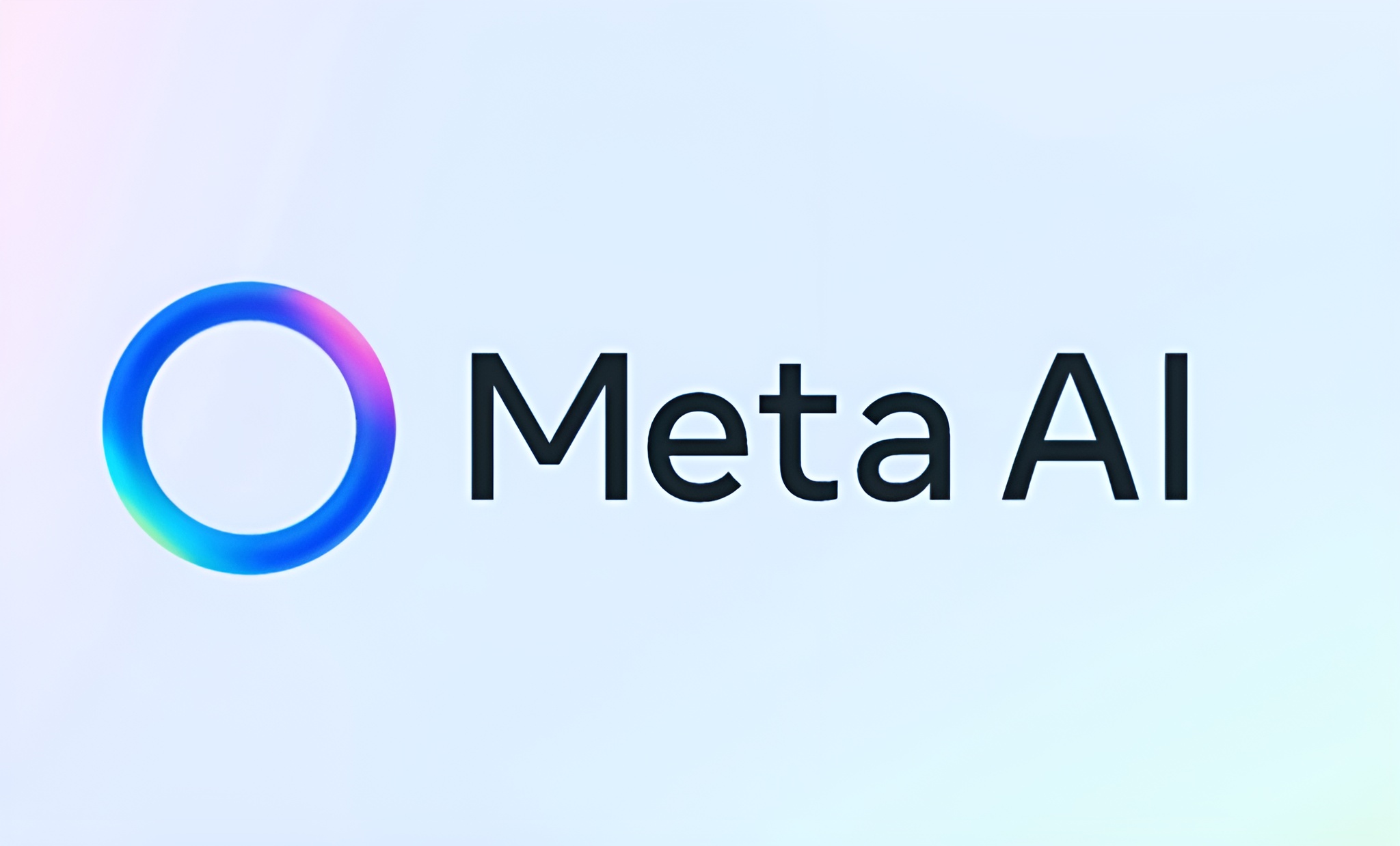Meta is rolling out a new security feature for WhatsApp that allows users to encrypt their chat backups using passkeys instead of passwords or lengthy encryption codes.
A feature for WhatsApp that enables users to protect their backups with biometric authentication such as fingerprints, facial recognition or screen lock codes.
WhatsApp became the first messaging service to introduce end-to-end encrypted backups over four years ago, and Meta says the new update builds on that foundation to make privacy simpler and more accessible.
With passkey encryption, users can secure and access their chat history easily without the need to remember complex keys.
The feature will be gradually introduced worldwide over the coming months. Users can activate it by going to WhatsApp settings, selecting Chats, then Chat backup, and enabling end-to-end encrypted backup.
Meta says the goal is to make secure communication effortless while ensuring that private messages remain protected from unauthorised access.
Would you like to learn more about AI, tech and digital diplomacy? If so, ask our Diplo chatbot!










